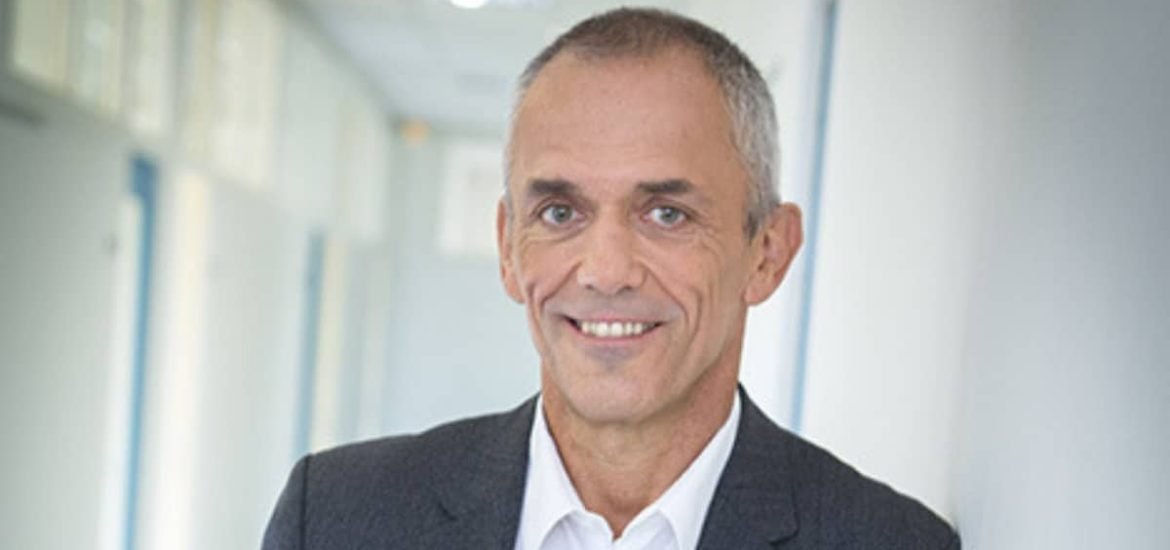
The Centre National de la Recherche Scientifique (CNRS), Europe’s largest research agency, has announced its intention to create an office of research integrity for investigating misconduct in scientific research with the hope of fostering excellent research practices. The agency will not accept anonymous accusations but has promised not to name whistle-blowers in the hope of providing an alternative avenue for anonymous complaints without the fear of retaliation.
The behemoth research organisation employs around 33,000 staff members, including more than 15,000 researchers, 14,000 engineers, and 4,000 technicians. In total, the CNRS has more over 1,000 laboratories and a total budget of about €3.3 billion. The decision to establish the research integrity office was made by Chief Executive Officer of the institute Antoine Petit and this new branch of CNRS be run by Rémy Mosseri, a theoretical physicist from the Theoretical Physics of Condensed Matter Laboratory in Paris (part of the CNRS) and five staff.
At a press conference in Paris on 13 November, Mosseri stated, “Scientific integrity is an absolute necessity for the concept of trust: trust between scientists to advance knowledge, but also with the general public.” At the press conference, Petit emphasized the importance of transparency of CNRS misconduct investigations. Anyone under investigation will be informed once the office has deemed the complaint worth looking into and those involved in either the allegation or providing evidence will be screened for competing interests.
In October, Olivier Voinnet, a plant biologist from a now-defunct lab at the CNRS Institute of Plant Molecular Biology in Strasbourg, France, was cleared of allegations that he may have committed misconduct through manipulation and data fabrication in published figures. The inquiry led by the agency along with the Swiss Federal Institute of Technology Zurich (ETH Zurich) into five articles found that while “severe” and “intentional” manipulation of research figures was carried out, the French researcher “did not perform, order or scientifically endorse such manipulation”. The recently cleared scientist ― who is on probation nonetheless for his overall management responsibility ― has questioned the way in which CNRS handled the investigation.
The office is committed to anonymity, even Petit himself will not be privy to the names. This will open the door to early-career researchers to come forward with misconduct allegations privately. Including those who would have previously remained silent out of fear for their career.
Misconduct in scientific research and academic institutions have been in the spotlight over the past few years ― from minor incidents to landmark paper retractions by prestigious research institutions. There is a growing awareness of these issues in France, and indeed across Europe and the rest of the world. The French Office of Research Integrity was set up in 2017 to create harmony across France in relation to research conduct and plans to issue a roadmap for achieving its goals next month. Moreover, 80 French research bodies have already created research-integrity positions within their organisations.